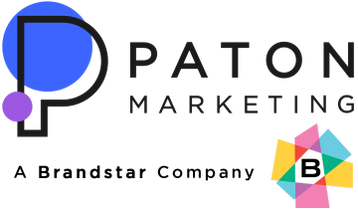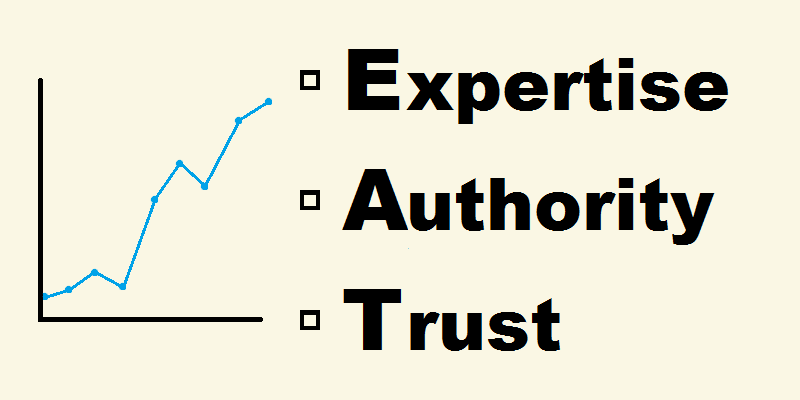What is “High-Quality Content” and What Does It Mean for Your Business?
We’ve heard “Content Is King” — the rallying cry for every content marketer and an ideology that most businesses live by. The creation of content is important. How important you say?
After Google reduced the impact of generic content and updated its algorithm to take context and prepositions into account, content creation has become even more crucial for your business.
If that’s not enough, industry influencers continue to bash us over the head with illustrations of how content has taken their businesses to new heights, highlighted by their rapid growth and improved company identity and branding.
We know content is important, but what kind of content do we need to create? What kind of content is important?
Some professionals say, “High-Quality Content”.
This phrase has been thrown around for some time without much explanation. So, I will do my best to explain what this concept means and how you can work towards creating high-quality content to advance your business and inbound marketing strategy.
What is “High-Quality Content”?
“High-quality content” is content that is relevant to the customer query, contains or suggests significant authority, and ultimately, answers their pertinent questions.
As long as the content you create adheres to these signifiers, you will be highly regarded by users and the designated search engine you’ll be using to generate traffic.
How To Create High-Quality Content
First, you need to create original, relevant content. Irrelevant content won’t be found and serves to be less read compared to content that fulfills its desired purpose. So, how do you do that?
Let’s break it down.
-
Inspire A Connection
Don’t settle on simply informing the reader by emphasizing ideas or concepts. Theorize these concepts, and push the reader to use your tips with actionable, engaging titles and content.
-
Answer Their Questions
How did you find this blog? Did you have a question about high-quality content and came across my blog?
It’s called a “search engine” for a reason! People are here to search for and find information. Provide the answer and people will come running.
-
Use Your Own Experiences
As a content creator, you are also a teacher, and nothing teaches people better than experience. Use your experiences to highlight your point. Hopefully, readers can learn from your mistakes and develop their business using your advice.
If they learn something, it’s likely they will share it with their friends and colleagues. The more shares, likes, backlinks and references, the more your search engine ranking will rise whether socially or online.
-
Original means ORIGINAL
Rehashing pre-existing content is not going to raise your rank. In fact, it’s sort of cheating. Plagiarised or duplicate content will get you in trouble.
Consider creating content around the specific kind of reader you are hoping to attract, or the verticals you are hoping to do business with.
As a writer, you must maintain a focus on the notion that you are providing content for specific audiences. With a particular audience in mind, you can write content around the questions this individual might want the answers to. If you have the answers and you’re passionate about the topic; there’s truly no limit to the amount of content you can produce.
Try creating a spreadsheet with the type of buyer persona you are trying to reach and then create content dedicated to answering their questions. Through a quick Google search or Q&A websites and message boards, you can discover what people are asking, so if you have the answer, you can create content around this question.
Do I Need “High-Quality Content”?
The only way to rank and rank highly is through the development of “high-quality content” – your business won’t go far without it. Therefore, you need to invest and make a concerted effort to create content. Consider outsourcing, an internship program or inspire your team to write original content.
Written content is easily the most accessible form, but you don’t need to stop there. Video is an immensely powerful medium. A well-made video is bound to catch the attention of many and nowadays, they’re fairly inexpensive to produce.
Most people are visual learners anyway, so if you can condense your content to a few minutes, you are sure to see some likes. It’s important to note different videos do better on different platforms. You should research the platform and create content accordingly.
Podcasts are taking the business world by storm. Their versatile format allows for the production of different kinds of content, whether socially or visually. These pieces can be posted on a variety of different platforms, increasing your potential reach to fans and clients alike. Podcasts require a little more investment, but if you have a fantastic idea and an engaging host; you’ll set the world on fire!
It Sounds Like A Lot Of Work. Should You Even Get Started?
The answer is yes! As Neil Patel says, “You get what you pay for”. It’s an investment in yourself and your business.
People won’t associate with your business if you don’t have experience or expertise. Most small businesses don’t have a lot of experience but might have significant expertise. So, show off! Show potential clients your knowledge and expertise – show them how capable you are. If you can do that while providing answers to their deepest concerns, why wouldn’t they choose you?
How Will People Find My Content With All These Experts Around?
Your written content does not need to be on par with industry experts. Everyone writes differently and these days written content is often a smorgasbord of writing styles, grammar, and form.
You do not need to be an industry expert in order to create great content. Eventually, through thorough research and continuous engagement in your field, you may be positioned by your followers or by your own devices as an industry expert. This process takes time, but as I stated, with continuous engagement and content, you will become an “expert”.
How Will I Know My Content Is High-Quality?
This is not a question you need to answer. Ultimately, the audience decides. Clearly, content created by the appropriate authority will always garner the best results, but that doesn’t mean you can’t position yourself as an authority if you know what you are talking about.
Content is THE great equalizer. It’s going to generate business, but it’s also going to support your business. Content is a window towards greater transparency with potential clients and people are more than likely going to respect you for being honest and upfront. It’s also a quality a lot of people are looking for.
Hopefully, with a stellar content strategy and some great content, you can see growth in your business for years to come.







